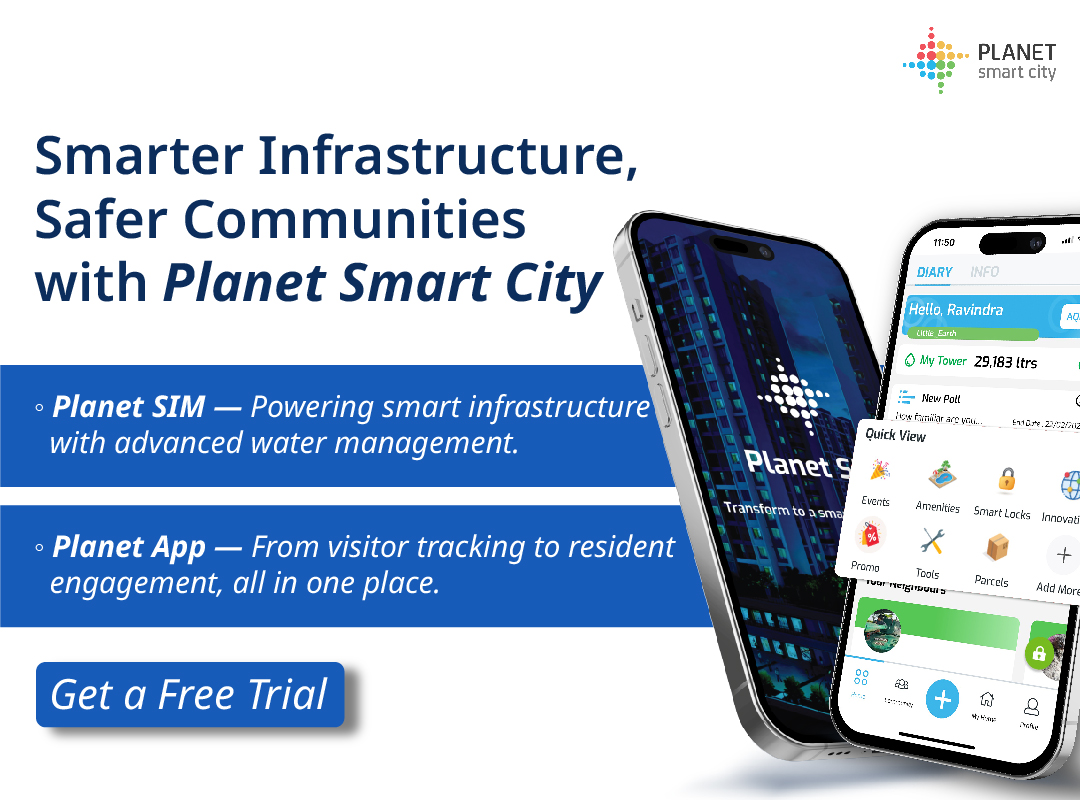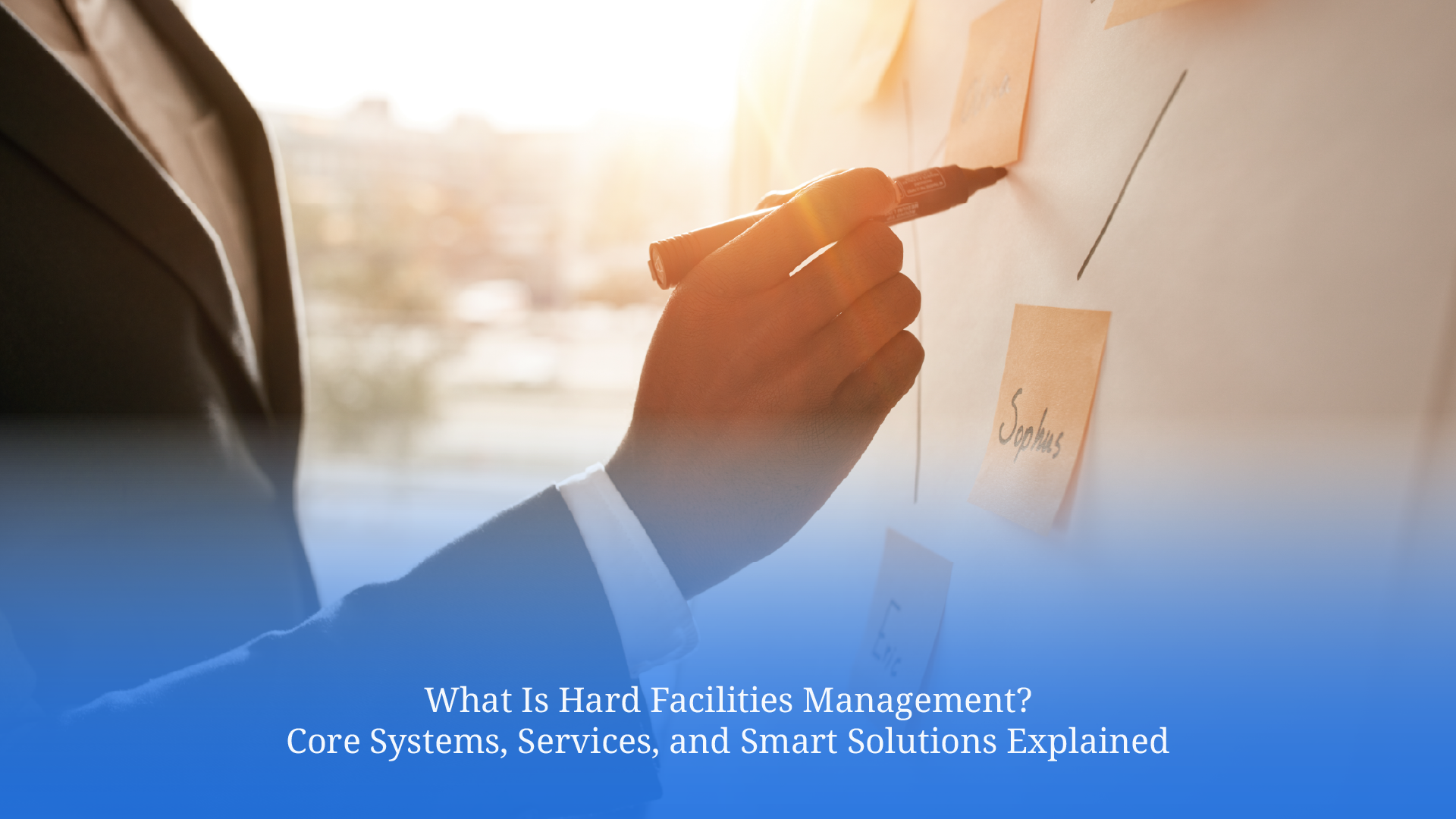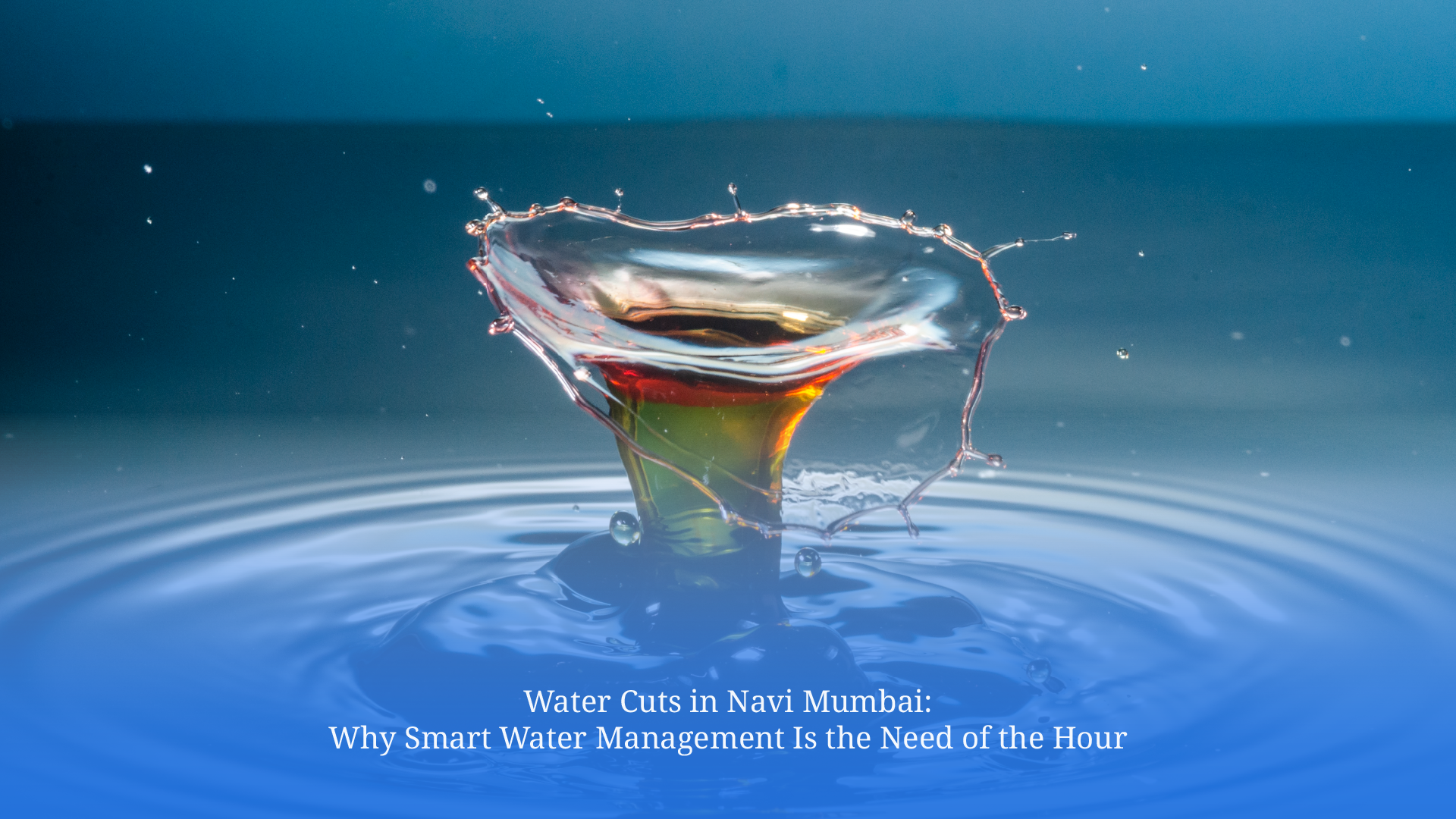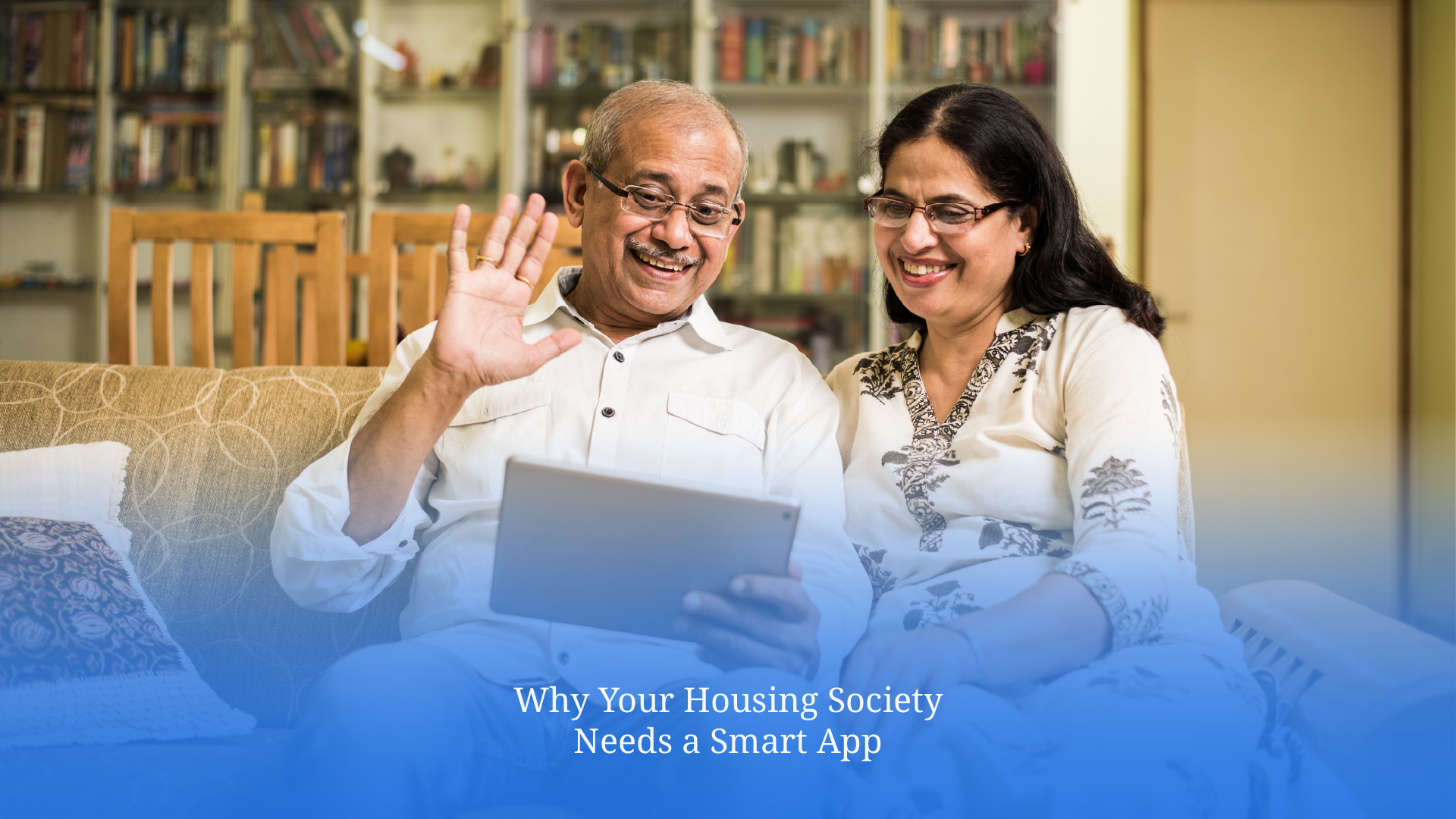Addressing Water Delivery and Billing Issues with Technology
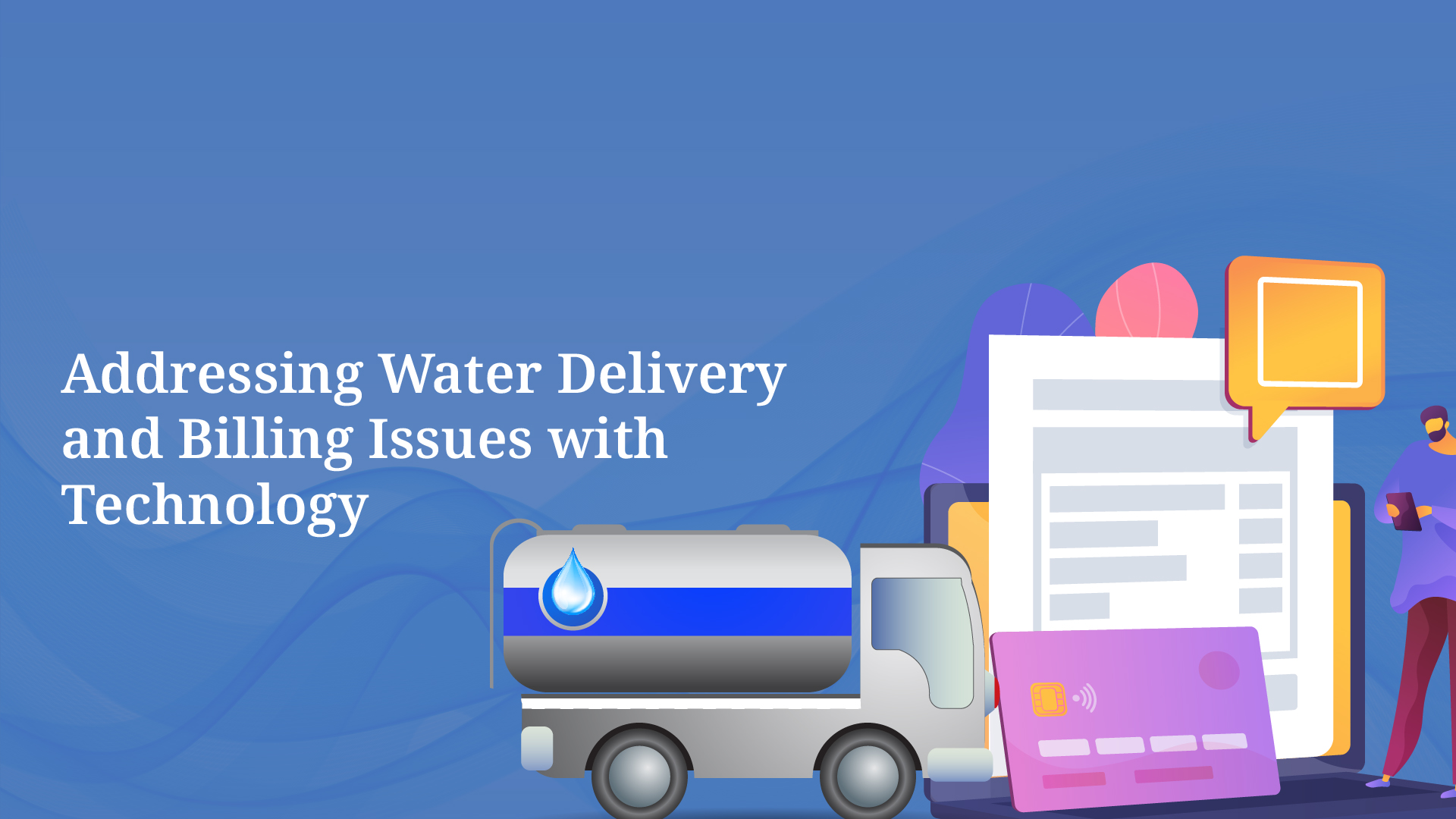
Water is a fundamental resource, yet delivering it efficiently and billing it accurately remain persistent challenges in urban areas. Cities worldwide, including Pune and Bangalore, struggle with outdated infrastructure, growing demand, and mismanagement, leading to supply inconsistencies and billing disputes. However, technology offers a path forward, providing smarter, more transparent solutions. Let’s explore the challenges in water delivery and billing and how modern advancements are transforming the way communities manage water.
The Growing Challenges of Water Delivery in Urban Areas
Managing water supply in densely populated urban areas presents significant hurdles. Let’s explore these challenges in detail:
-
Rising Demand and Supply Constraints
In Bangalore, increasing freshwater demand has led to a heavy reliance on groundwater, as BWSSB’s Cauvery supply falls short. This way, challenges of water delivery in Bangalore are further compounded by depleting water tables, raising serious sustainability concerns. Similarly, water delivery challenges in Pune are growing due to rapid urban expansion, making equitable distribution increasingly difficult.
-
Ageing Infrastructure and Water Loss
Beyond deteriorating pipelines, issues like leakages, water theft, and unmetered supply contribute to significant water loss. Weak and outdated networks make it easier for unauthorised connections, while the lack of proper metering results in unaccounted water usage. Addressing these challenges requires modern monitoring systems and strict regulations.
-
Mismanagement and Inequitable Distribution
Mismanagement of water resources further complicates the situation. Cities often face uneven water distribution. While some areas struggle with severe shortages, others receive an excess. This underscores the need for improved management practices.
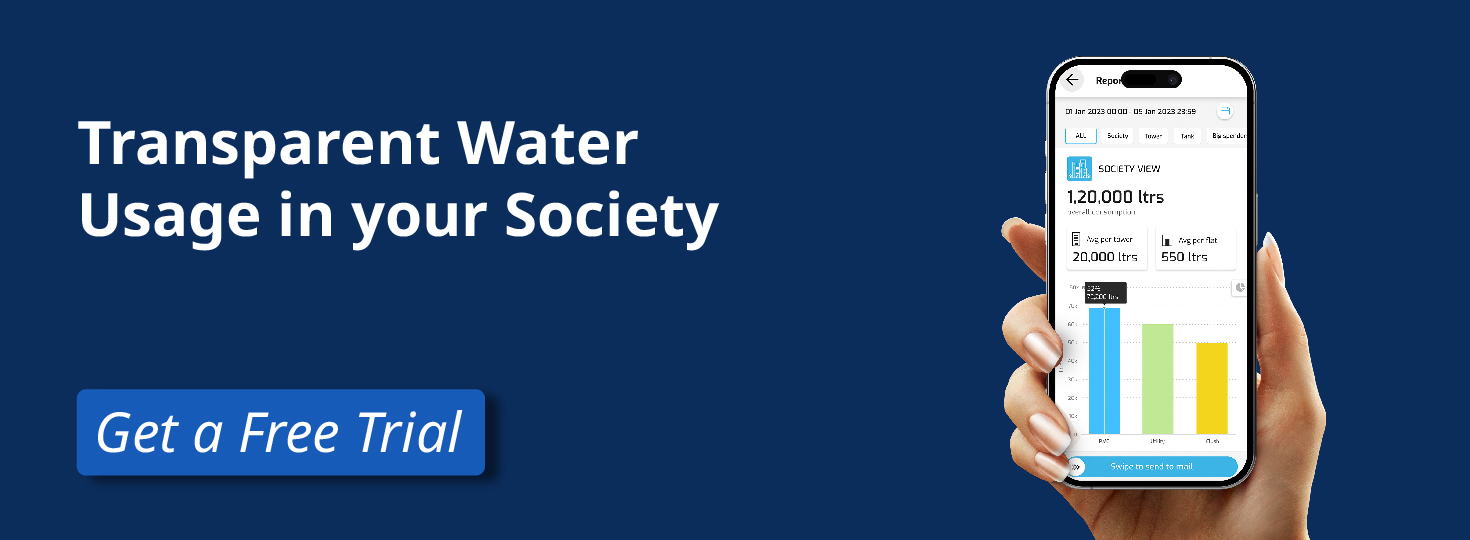
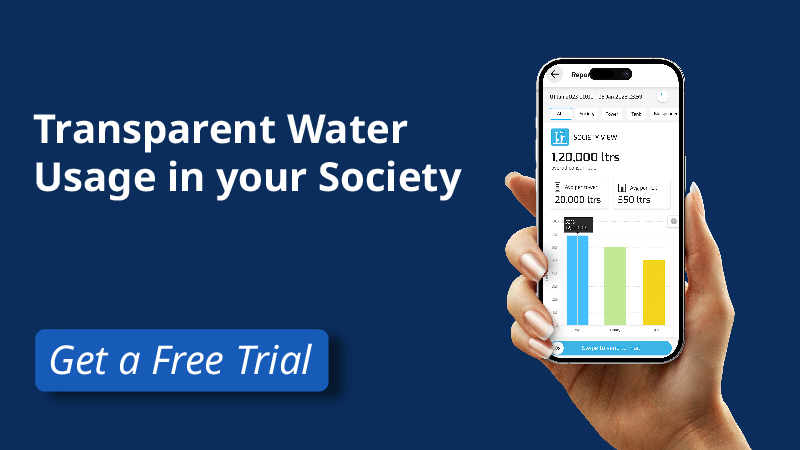
Common Water Billing Issues: Errors and Overcharges
Water billing errors can create significant financial and logistical burdens. Here are the most common issues that residents face:
-
Inaccurate Meter Readings
Many homes still rely on traditional meters that require manual readings, leading to discrepancies and billing disputes. Water billing issues in Pune have been a growing concern due to outdated metering systems. However, as part of the 24×7 Water Supply Project, Pune is in the process of implementing prepaid smart water meters.
-
Delayed Bill Generation
Irregular and delayed bill cycles create payment uncertainties for consumers. Many households receive bulk bills instead of predictable monthly charges, making it difficult to track water consumption effectively. This has become one of the major water billing issues in Bangalore, leading to financial strain on residents.
The Role of Technology in Streamlining Water Delivery
As urban populations grow, ensuring efficient water distribution has become important. Here’s how innovative solutions are streamlining water delivery:
-
IoT-Enabled Smart Water Meters
IoT-based smart meters provide real-time data on water consumption. This reduces human error and improves billing accuracy, though network connectivity and calibration issues can still cause occasional discrepancies. The meters transmit usage details to utility providers, reducing disputes and enhancing transparency.
-
Real-Time Leak Detection
Ageing infrastructure and hidden leaks contribute to massive water losses. Smart sensors can detect leaks in underground pipelines or household plumbing before they cause major disruptions.
-
Digital Platforms for Monitoring
Many cities, including Bangalore, Pune, Mumbai, and Hyderabad, are implementing mobile apps and online dashboards. These tools allow residents to monitor their water consumption in real-time. They also provide alerts for unusual usage patterns. Additionally, the platforms report leaks or service disruptions instantly.
How Planet Smart City Tackles Water Delivery and Billing Challenges
Through Planet SIM, we are transforming urban water management by integrating smart technology, data-driven insights, and automation into our projects. Here’s how we do it:
-
Optimizing Water Usage
Planet SIM helps prevent water overflow and wastage by automatically detecting low tank levels and refilling them as needed. This ensures that water is used efficiently without unnecessary loss. As a result, supply management becomes more sustainable and cost-effective.
-
Real-Time Water Monitoring
With real-time tracking of water levels in storage tanks, residents and facility managers can stay informed about their community’s consumption. Planet SIM provides detailed tower-wise water usage insights. This helps identify high-consumption areas and enables smarter conservation efforts.
-
Custom Reports
To enhance transparency, Planet SIM generates custom consumption reports for all water tanks. Users can access these reports and track water usage trends over any period through in-app dashboards. This level of visibility helps communities make informed decisions about their water usage.
-
Smart Leak Detection
Planet SIM integrates smart leak detection systems. These help identify leaks early, preventing unnecessary loss and reducing the risk of damage to infrastructure. In one Pune housing society, Planet SIM played a crucial role in identifying a significant underground pipe burst. Thanks to this prompt detection, up to 300,000 litres of drinking water were saved daily.
A Smarter Future for Water Management
Water challenges in urban areas may be complex, but they are not insurmountable. At Planet Smart City, we believe that smart infrastructure is the key to overcoming urban water challenges. Our Planet SIM app empowers communities by providing real-time insights, automated solutions, and sustainable management practices. With a clear focus on efficiency, fairness, and conservation, we are transforming the way urban water systems operate—one smart solution at a time.
Popular Searches
problems faced by society | how to repair water tank leakage | reasons for water shortage | how to identify leakage in pipes | water level indicator for water tank | energy efficient buildings | how to measure water level in tank | water problems in pune | intelligent lighting system | different types of water tanks | why manual water pump is outdated

